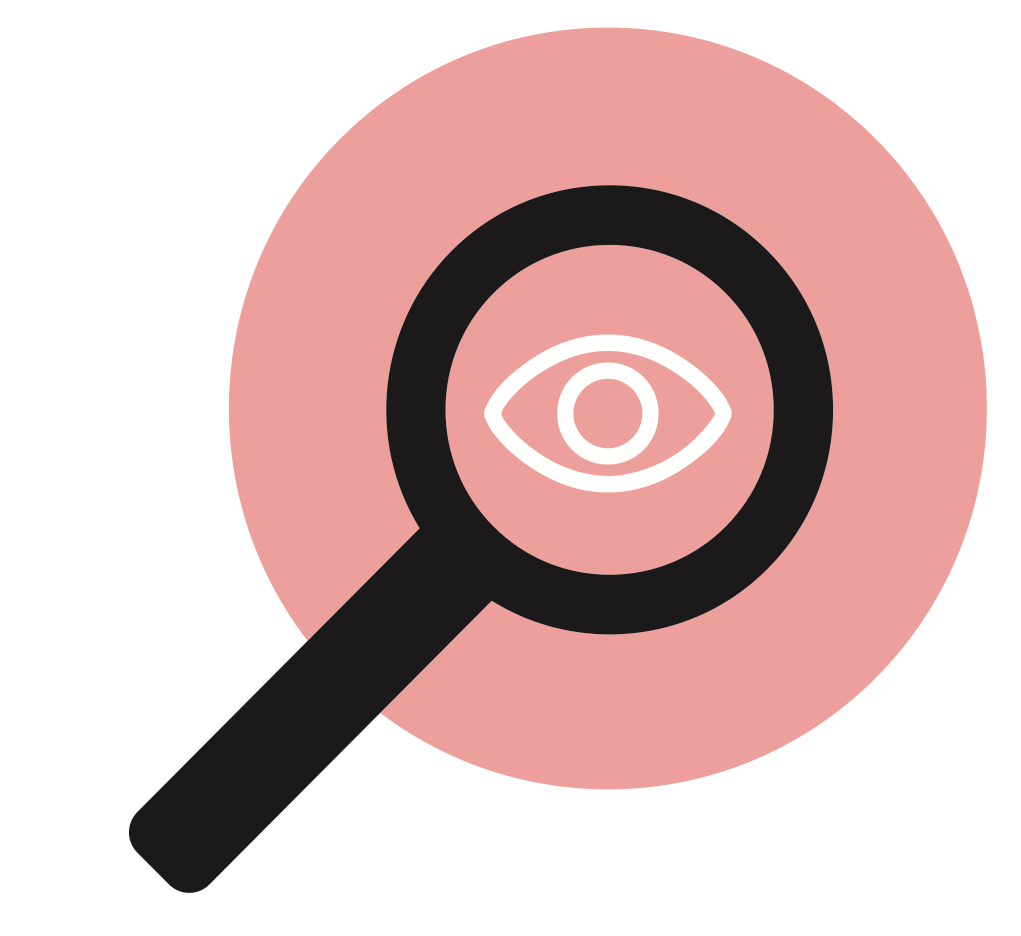Conflicts within us
Previous / Next
The Self
Part 12 - Conflicts within us

There are many ways in which you can fall out with yourself or give yourself a hard time. Here are some examples of how conflicts can occur: